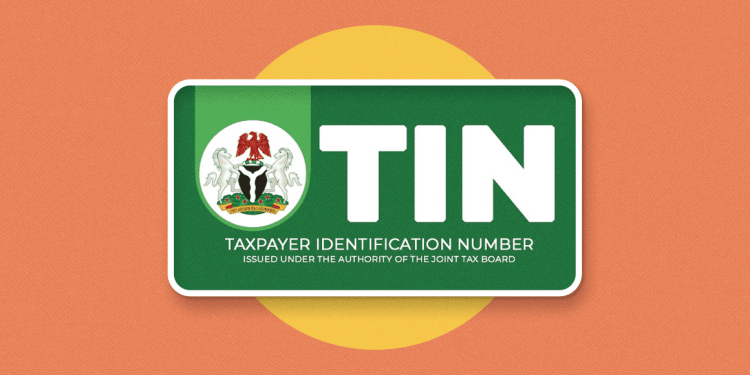Starting January 1, 2026, every bank account holder in Nigeria will be required to have a Tax Identification Number (TIN) to operate their accounts. This policy, introduced under the Nigeria Tax Administration Act (NTAA) 2025, marks a significant shift in the nation’s tax and financial system, aiming to boost transparency, accountability, and compliance.
Why a Tax ID Is Now Mandatory
The NTAA 2025 mandates that all individuals and businesses operating bank accounts, insurance policies, or investment services in Nigeria must present a valid TIN. This requirement also extends to non-residents earning income or supplying taxable goods and services in Nigeria.
According to the Act, anyone who fails to register for a Tax ID may automatically be assigned one by tax authorities. The law also provides provisions for businesses to temporarily suspend or deregister their TIN if they cease operations.
ALSO READ: BREAKING: State Government Bans Mandatory Customized Textbooks and Notebooks in Schools
How to Check or Get Your Tax ID for Free
The government has streamlined the process to make obtaining a TIN quick and cost-free. In many cases, a TIN may already exist for you based on your Bank Verification Number (BVN) or National Identification Number (NIN).
Step 1: Check if You Already Have a TIN
Visit the Joint Tax Board (JTB) TIN Verification Portal. https://tin.jtb.gov.ng
Select “Search for TIN.”
Enter your BVN and Date of Birth to see if a TIN has been automatically assigned.
Step 2: Register for a New TIN (if needed)
Go to the JTB TIN Registration Portal.
Select “Register for TIN” for individuals.
Provide your BVN, NIN, and other details.
Submit the form to receive your Tax ID certificate.
The process is free, and you can print your certificate once it’s issued. Nigerians are urged to complete this process before January 2026 to avoid disruptions to banking and financial services.
Impact of the Nigeria Tax Administration Act 2025
The NTAA 2025, signed by President Bola Tinubu, expands tax enforcement beyond traditional banking. Section 8(2) of the Act requires financial institutions—banks, insurance companies, and stockbrokers—to verify the TIN of every customer.
Section 6(1) extends the requirement to non-residents earning income or supplying goods and services in Nigeria. Section 7(3) empowers tax authorities to assign a TIN to individuals or entities that fail to register.
Additionally, businesses that temporarily suspend operations can notify tax authorities within 30 days to suspend their TIN registration.
Expert Clarifications
Taiwo Oyedele, Chairman of the Presidential Committee on Fiscal Policy and Tax Reforms, emphasized that the NTAA 2025 enforces rules already present since the Finance Act of 2019. He clarified that the system integrates with existing national data, meaning your NIN (for individuals) and CAC registration number (for companies) may automatically serve as your TIN.
Oyedele stated that the reform promotes fairness—ensuring everyone earning taxable income contributes while protecting low-income citizens who fall below the tax threshold. However, individuals without a TIN may face sanctions, including restricted access to financial services.
Key Takeaway
With the January 2026 deadline approaching, Nigerians should promptly verify or obtain their Tax Identification Number to ensure uninterrupted access to their bank accounts and other financial services.


